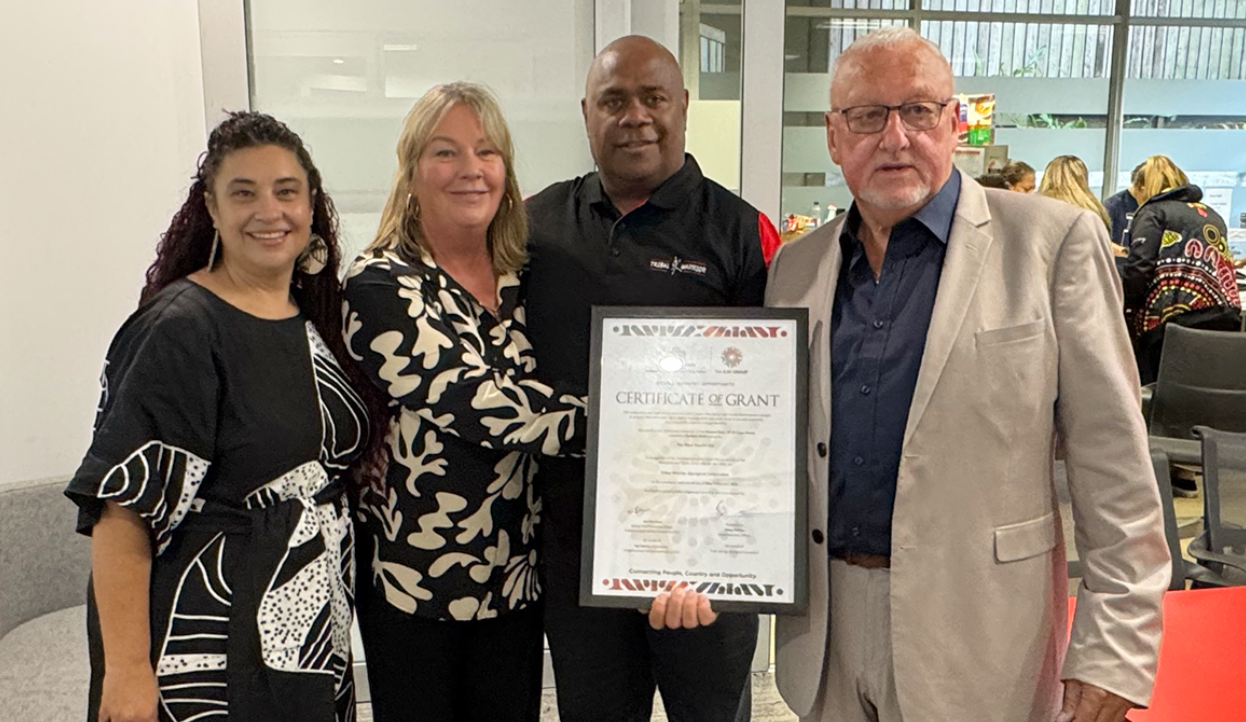Embracing First Nations Perspectives
The Imperative of Cultural Competency in Aboriginal Cultural Awareness Training

As the business world becomes increasingly aware of the significance of cultural diversity, the need for specialised training in Aboriginal Cultural Awareness is more pronounced than ever. Companies operating in regions with Indigenous communities or seeking to engage in partnerships with Indigenous stakeholders must go beyond mere cultural awareness. In this blog post, we will delve into the values of cultural competency specifically within the context of Aboriginal Cultural Awareness training, making the case for why it is a crucial solution for corporate clients.
Understanding Aboriginal Cultural Awareness:
Aboriginal Cultural Awareness involves recognising and respecting the rich heritage, traditions, and values of Indigenous communities. It is an essential first step for organisations looking to engage with
Aboriginal peoples, fostering understanding and acknowledging historical and cultural sensitivities.
However, cultural awareness alone may fall short when it comes to building meaningful connections with Indigenous communities. To truly engage and collaborate effectively, companies need to develop cultural competency – a
deeper understanding and ability to navigate the complexities of Indigenous
cultures.
The Case for Cultural Competency in Aboriginal Cultural Awareness:
- Respectful Engagement: Cultural competency emphasises respect for diverse perspectives and provides tools to engage respectfully with Indigenous communities. This is particularly crucial given the historical context and unique cultural nuances.
- Effective Communication: Building on cultural awareness, cultural competency training hones communication skills specific to engaging with Aboriginal peoples. This ensures that messages are conveyed in a culturally sensitive manner, fostering understanding and trust.
- Cultural Sensitivity in Decision-Making: Cultural competency equips employees with the skills needed to integrate Indigenous perspectives into decision-making processes. This inclusivity contributes to more informed and culturally sensitive business strategies.
- Building Trust and Relationships: For corporate clients seeking to build relationships with Indigenous partners, trust is paramount. Cultural competency enables employees to navigate interpersonal dynamics, fostering trust and facilitating mutually beneficial partnerships.
- Cultural Appropriateness in Operations: In sectors such as resource development, tourism, or community engagement, understanding and respecting Indigenous cultural practices is essential. Cultural competency ensures that business operations align with Indigenous values, minimising the risk of cultural appropriation.
In the realm of Aboriginal Cultural Awareness training, cultural competency emerges as a crucial element for corporate clients. For organisations aiming to collaborate respectfully and effectively with Indigenous communities, investing in cultural competency is not just a choice; it is an ethical imperative. By doing so, businesses can navigate the complexities of engaging with Aboriginal cultures, fostering meaningful relationships, and contributing
to a more inclusive and culturally aware corporate landscape.
Strong workplace relationships are built on cultural understanding. Our Cultural Awareness Training, delivered by experienced First Nations facilitators, empowers your team to communicate with respect, avoid common pitfalls, and strengthen connections with colleagues and communities.
Take the first step towards a more inclusive future —
secure your training date today.











